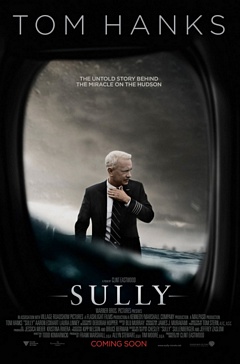Perhaps even these things, one day, will be pleasing to remember.
—Virgil (Roman Poet)
To be 70 years young is sometimes far more cheerful and hopeful than to be 40 years old.
—Oliver Wendell Holmes, Sr. (American Physician, Essayist)
An act of meditation is actually an act of faith–of faith in your spirit, in your own potential. Faith is the basis of meditation. Not of faith in something outside you–a metaphysical Buddha, an unattainable ideal, or someone else’s words. The faith is in yourself, in your own “Buddha-nature”. You too can be a Buddha, an awakened being that lives and responds in a wise, creative, and compassionate way.
—Martine Batchelor (French Buddhist Teacher)
When moral courage feels that it is in the right, there is no personal daring of which it is incapable.
—Leigh Hunt (British Author)
Years ago, the business schools used to pose it as a conundrum. They would say, `Well, who comes first? Your employees, your shareholders, or your customers?’ But it’s not a conundrum. Your employees come first. And if you treat your employees right, guess what? Your customers come back, and that makes your shareholders happy. Start with employees and the rest follows from that.
—Herb Kelleher (American Entrepreneur)
We have five senses in which we glory and which we recognize and celebrate, senses that constitute the sensible world for us. But there are other senses – secret senses, sixth senses, if you will – equally vital, but unrecognized, and unlauded.
—Oliver Sacks (British Neurologist, Writer)
As to the evil which results from a censorship, it is impossible to measure it, for it is impossible to tell where it ends.
—Jeremy Bentham (British Philosopher, Economist)
You haven’t seen a tree until you’ve seen its shadow from the sky.
—Amelia Earhart (American Aviator)
Every day of our lives we are on the verge of making those slight changes that would make all the difference.
—Mignon McLaughlin (American Journalist)
For there is no friend like a sister
In calm or stormy weather;
To cheer one on the tedious way,
To fetch one if one goes astray,
To lift one if one totters down,
To strengthen whilst one stands.
—Christina Rossetti (English Poet)
When you have nothing to say, say nothing.
—Charles Caleb Colton (English Clergyman, Aphorist)
He who has not the weakness of friendship has not the strength.
—Joseph Joubert (French Essayist)
Cleverness is serviceable for everything, sufficient for nothing.
—Henri Frederic Amiel (Swiss Philosopher, Writer)

.jpg)